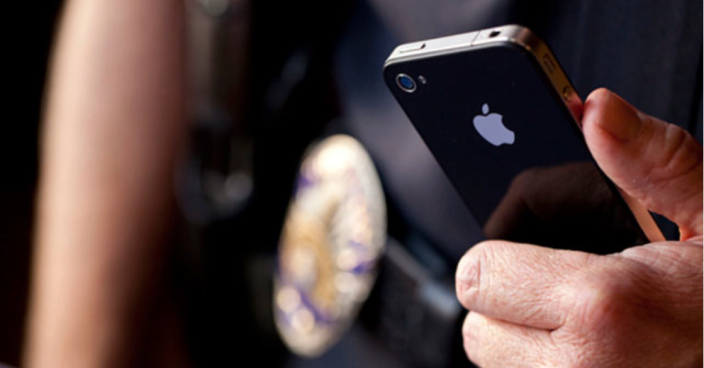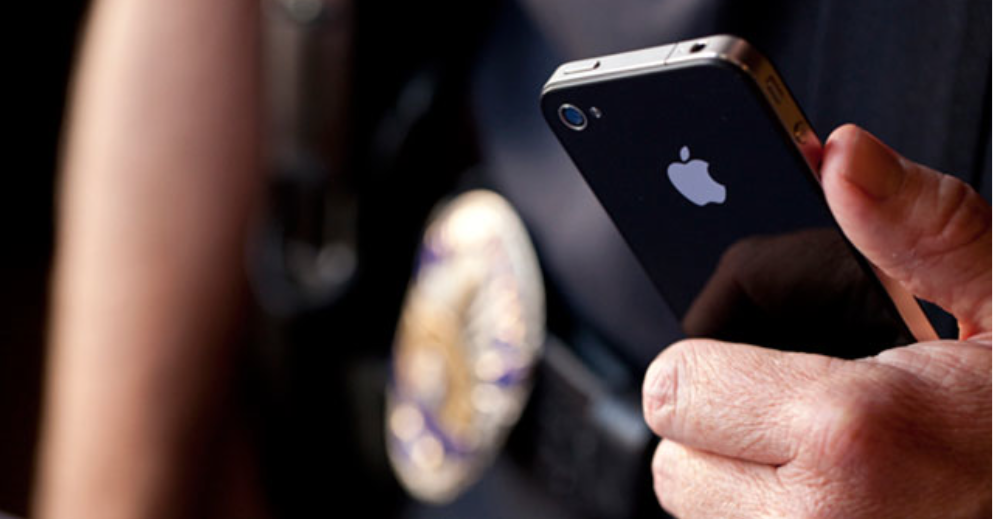
Court dismisses $2B patent troll claim against Apple for emergency feature in iPhones

A German court has dismissed a $2B patent claim by IPCom against Apple for use of a standard which is a mandatory feature in all cellphones. As we reported earlier this month:
The chip is used to identify mobile phones used by the emergency services in order to give them priority access to networks when they are heavily congested, such as during a major disaster. Carriers can set their networks to block access to all phones in the vicinity of a major emergency other than those identifying themselves as belonging to police and rescue workers. The chip can be included in the circuitry of either a phone or a SIM.
IPCom claimed a patent on the technology, but Germany’s Mannheim Regional Court dismissed the claim, along with a similar one against HTC.
This is, however, unlikely to be the end of it. IPCom has a record of appealing such rulings, and attempting to charge for patents purchased from other companies is its primary source of revenue. The company owns more than a thousand mobile-related patents.


